Business Finance
53 years in, here’s how Mamee is still adapting & catering to modern M’sian consumers
15 August 2024

From humble beginnings in a small factory to a global snacking empire, Mamee has defied expectations.
It was founded in 1971 by Datuk Pang Chin Hin. His son, Tan Sri Pang Tee Chew, expanded the family business by introducing additional snacks over the years. In 2022, Tee Chew’s son, Pierre Pang, took over as the Group CEO of Mamee.
With a keen understanding of consumer behaviour, Pierre has steered the company towards a future where snacks are more than just sustenance; they are experiences.
Here’s how he adapts to modern consumer preferences and sustainability, ensuring that the five-decade-old business will continue for decades more.
Embracing change and adapting to future trends
Mamee’s journey from its inception to today exemplifies its commitment to continuous growth and innovation.
Pierre emphasised the importance of adapting to the evolving preferences of younger, more health-conscious consumers.
“What was important then is to realise that from 1971 to now, the consumers we serve—the young, the edgy, and the future generations—have a very different view on nutrition and various aspects of snacking,” said Pierre at the Alliance Bank BizSmart Business Conference.
“We have to be agile and innovative, ensuring our investments are wise and forward-thinking, not blocking ourselves with outdated technologies.”
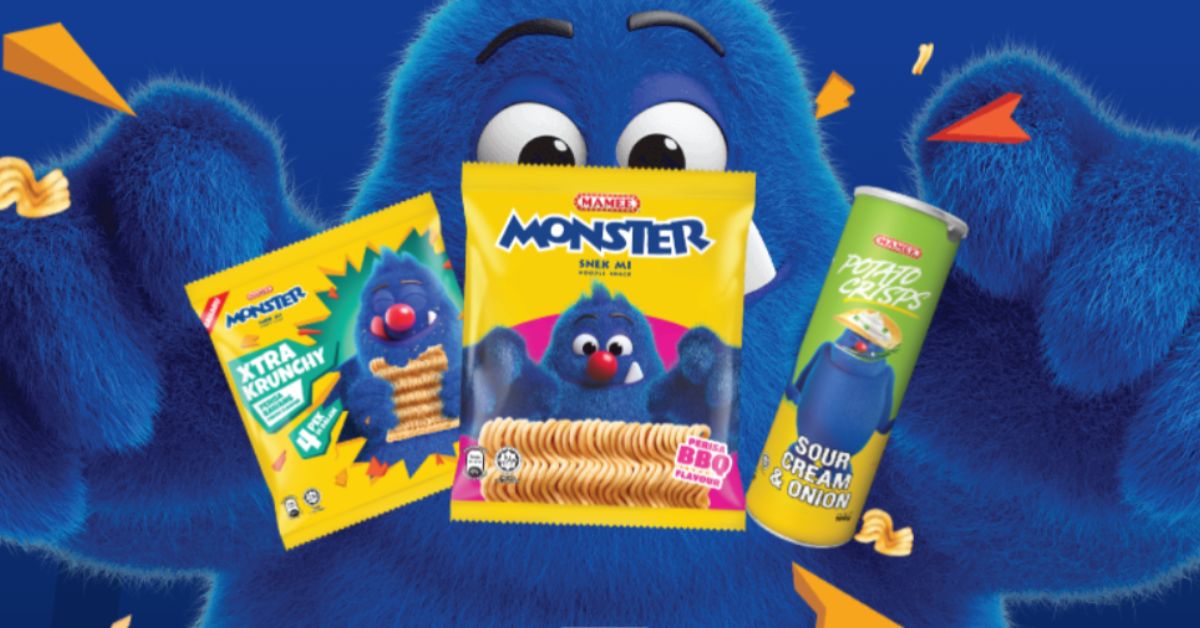
Mamee’s Monster Snek Mi are sold without separate seasoning packets / Image Credit: Mamee
Mamee has always been known for its iconic snacks, but as consumer tastes shift towards healthier options, the company has responded by introducing new product lines that cater to these demands.
This includes snacks with reduced sugar and salt content, as well as products fortified with vitamins and minerals. Mamee’s ability to innovate within its product offerings while maintaining the quality and flavour that customers love is an example of its agility.
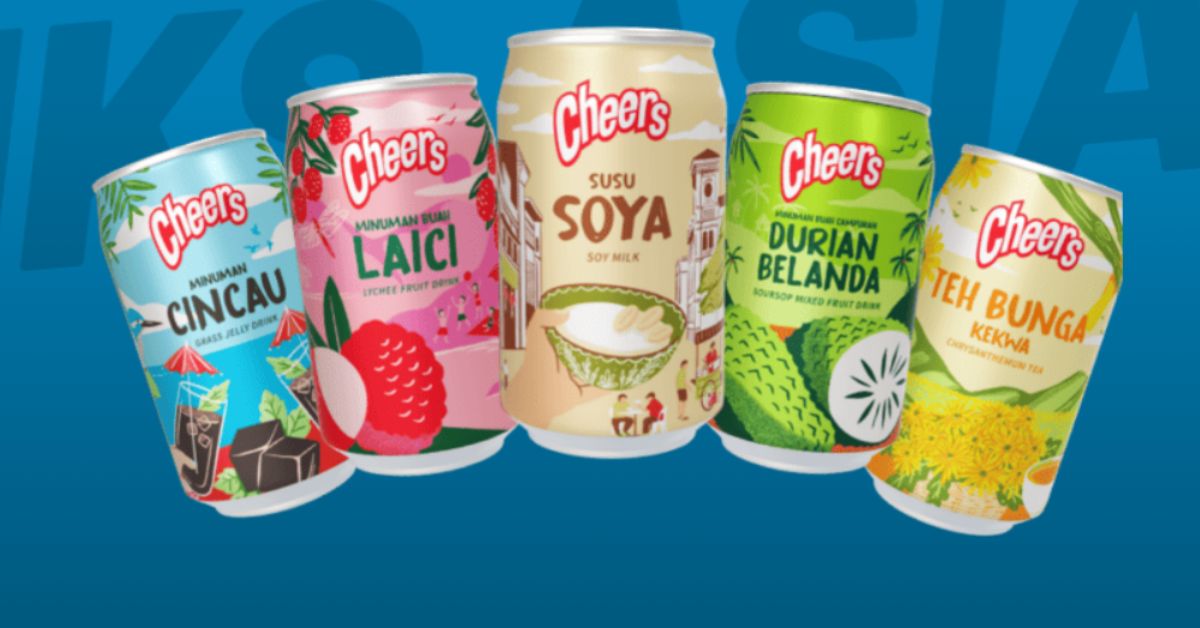
Mamee’s non-carbonated drinks / Image Credit: Mamee
Strategic collaborations and innovations
Pierre highlighted a crucial aspect of their strategy: integrating the best practices from multinational companies while preserving the entrepreneurial spirit that defines Mamee.
“We have to ensure that our team continues to be liberal, entrepreneurial, and hungry every day,” he said.
“We take the best practices from multinationals and combine them with our entrepreneurial mindset. It’s about creating synergies where our manufacturing, distribution, and sourcing are optimised, while our brand building remains innovative and independent.”
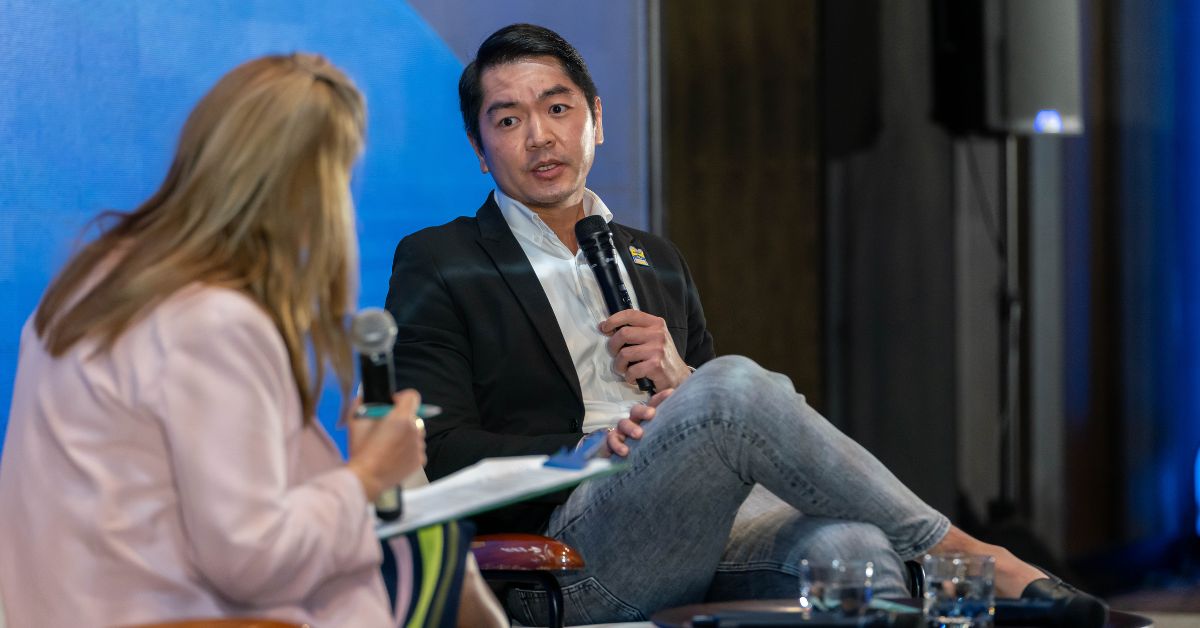
One of Mamee’s key strategies has been investing in startups and competitors through their own venture fund. With over US$50 million invested, the company fosters innovation by partnering with tech-forward companies.
This not only drives growth but also ensures that Mamee remains at the forefront of consumer trends.
“Innovation doesn’t only exist within our core; we partner with future-forward tech companies to provide more solutions to the customer,” the CEO explained. By investing in startups, Mamee can quickly adapt to emerging technologies and consumer preferences.
These collaborations have led to the development of new products and packaging solutions that are more sustainable and aligned with the values of modern consumers. For example, Mamee has worked with startups to create biodegradable packaging, reducing its environmental footprint.
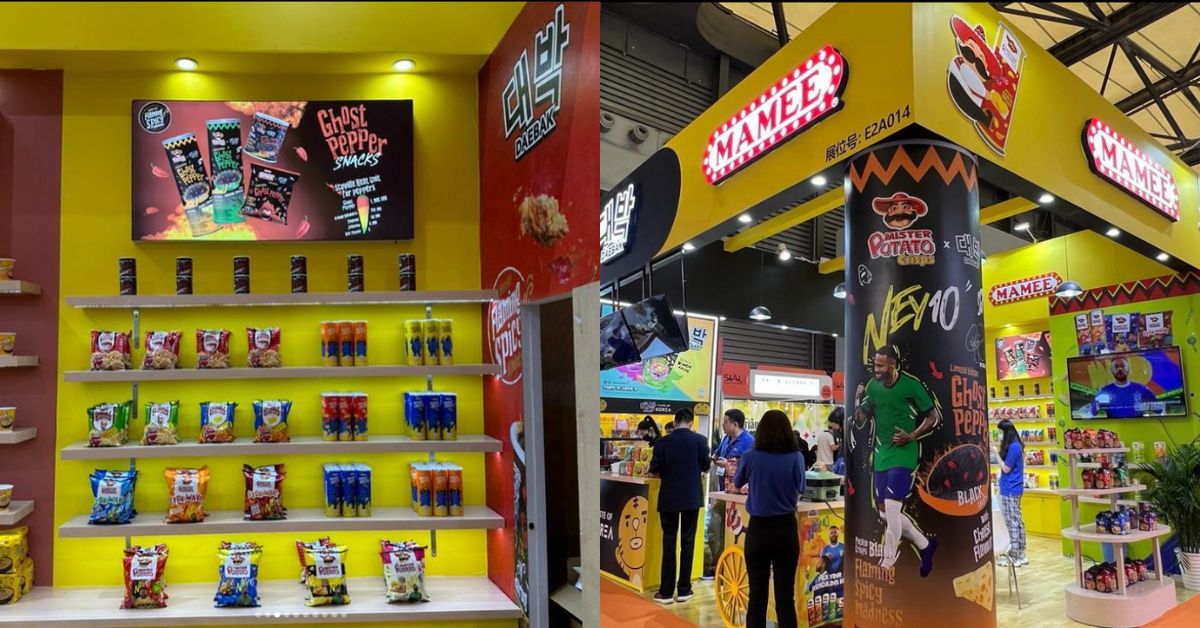
Image Credit: Mamee
Repositioning for a new generation
When Pierre joined Mamee in 2012, he recognised the stagnation in sales and the need for a fresh perspective.
He identified that while Mamee had excelled in quality and affordability, it needed to resonate more deeply with the new breed of consumers—millennials and Gen Z—who value experience and brand connection.
“We realised that our legacy of great quality and fair pricing needed the third element of consumer understanding and effective communication,” he reflected.
“Today’s consumers are buying not just for the physical value but for the experience and emotional connection.”
To address this, Mamee has rebranded some of its products and launched marketing campaigns that speak directly to these younger audiences.
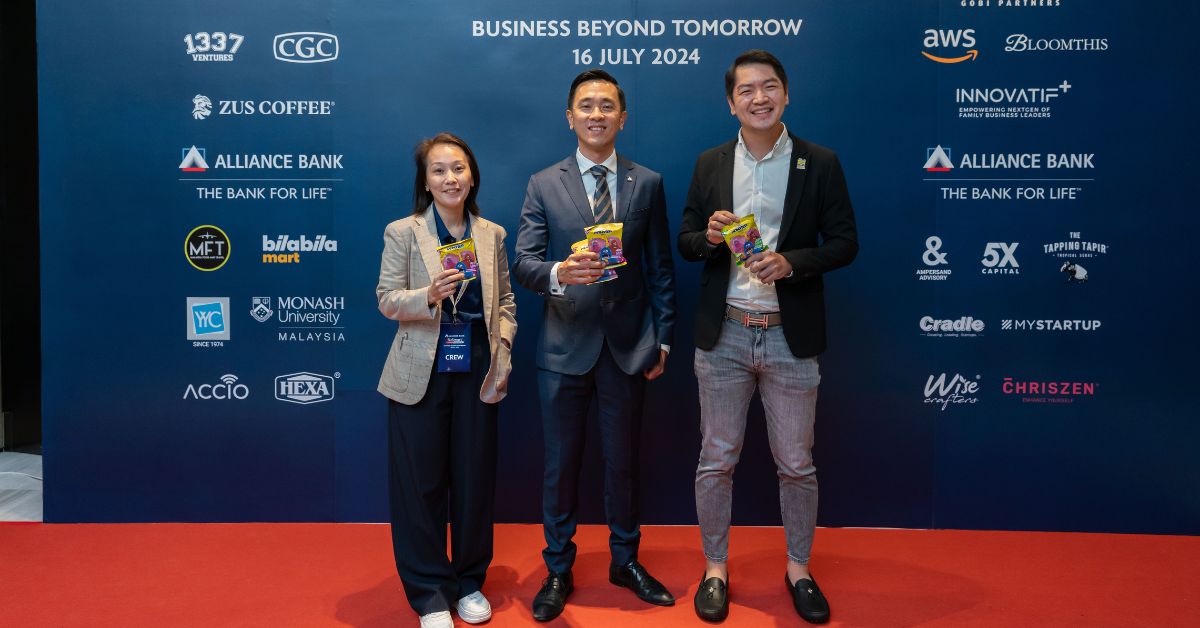
This includes engaging storytelling that highlights the brand’s heritage, sustainability efforts, and the innovation behind its products. Social media has been a crucial platform for these efforts, allowing Mamee to connect with consumers in a more personal and interactive way.
Mamee has also embraced digital transformation, leveraging data analytics to better understand consumer behaviour and preferences.
This data-driven approach enables the company to tailor its products and marketing strategies more effectively, ensuring that it remains relevant in a fast-changing market.
Long-term goals and sustainable practices
Looking ahead, Pierre is focused on doubling the business’s expansion again by 2024 through new capabilities and sustainable practices.
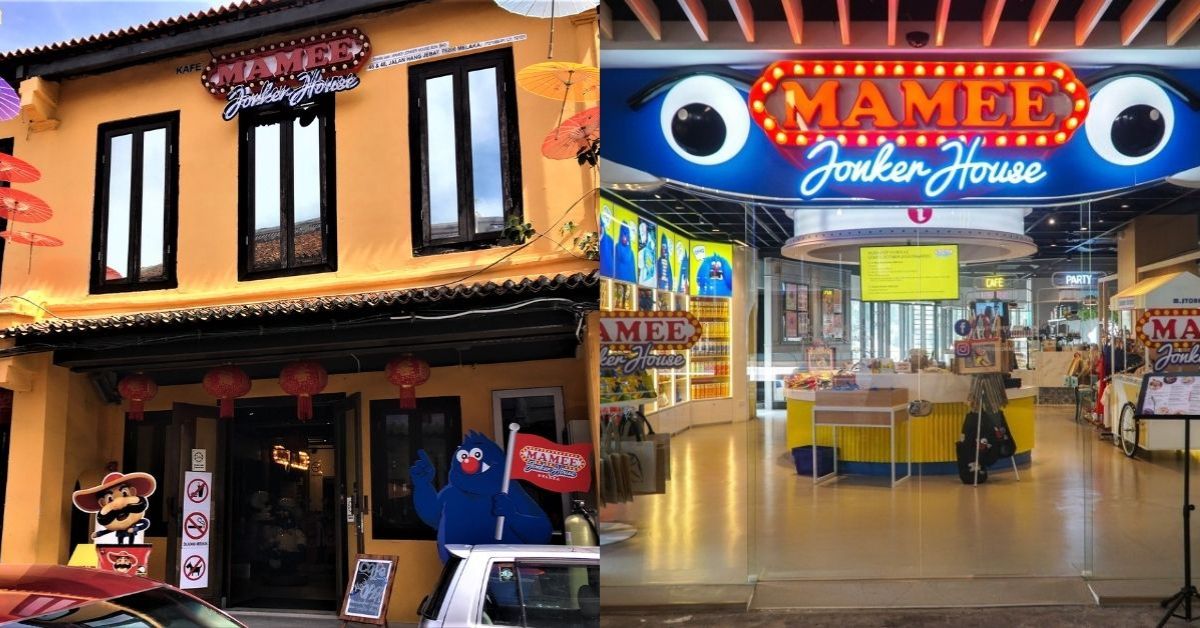
Mamee Jonker House Melaka / Image Credits: Food Advisor MY and KL Foodie
The company is exploring ways to deliver products that combine great quality, taste, and nutrition without compromising on sustainability.
This includes setting up global production closer to markets, using renewable energy sources, and being agile in adopting new technologies.
“And the first thing [these global markets] think is not about quality or cost but about time,” said Pierre. “We have to have global production closer to markets. Setting up a plant in Mexico or Sri Lanka by 2026 is a no-brainer.”
Mamee is also committed to reducing its carbon footprint. The company is investing in renewable energy sources such as solar and wind power for its production facilities.
Additionally, Mamee is working towards a zero-waste manufacturing process, aiming to recycle and repurpose all of its production waste.
Sustainability is not just a buzzword for Mamee; it’s a core part of its business strategy. The company has implemented various initiatives to promote sustainable practices throughout its supply chain.
This includes sourcing ingredients from sustainable farms, reducing water usage in its manufacturing processes, and ensuring fair labour practices.
By staying true to its roots while continuously innovating, Mamee has managed to remain a beloved brand for generations. The company’s multi-faceted approach ensures that it can meet the needs of today’s consumers while being well-prepared for the future.
